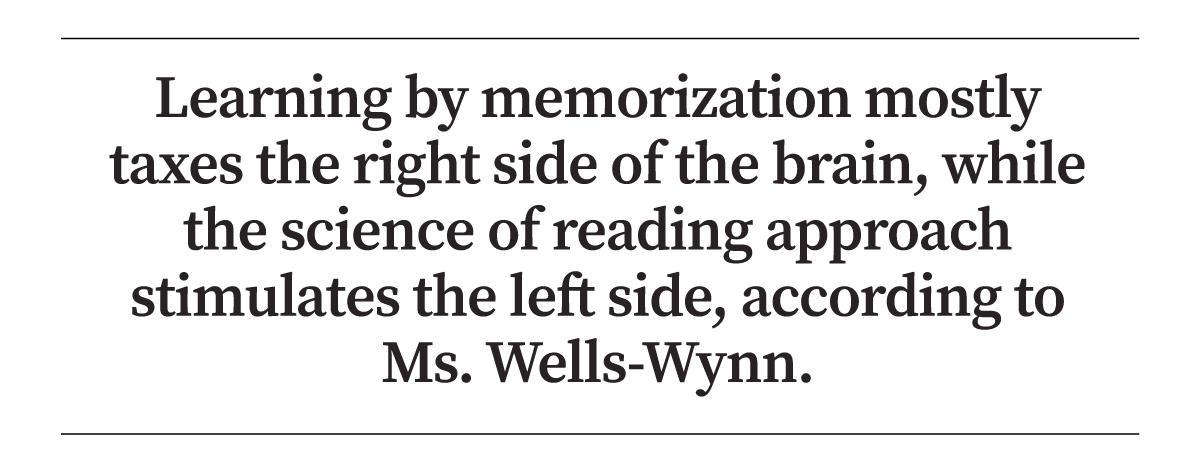10 years ago, Mississippi ranked 49th in elementary school literacy in the United States, with fourth graders lagging behind by a grade level.
In 2023, 85% of third graders in Mississippi passed the state reading assessment test, moving the state to No. 21 in the rankings and showing the fastest growth in reading comprehension nationwide, despite low per-pupil expenditure rates.
Kristen Wells-Wynn, literacy director for the Mississippi Department of Education, described the progress as a marathon, not a miracle.
In the upcoming academic year, Mississippi plans to expand teacher training to higher grade levels, with other states like Maryland looking to adopt Mississippi’s successful early literacy model.
The shift in Mississippi’s literacy outcomes occurred when the state switched from the “balanced literacy” method to the “science of reading” approach, with an annual investment of $15 million.
Carey M. Wright, who spearheaded the change in Mississippi, has now taken on the role of Maryland’s superintendent of education and will oversee a similar transition in reading instruction.
Understanding the Brain
The science of reading is a body of research that has evolved over 50 years, emphasizing how the human brain processes information. It focuses on phonics to help students understand words visually and aurally for better comprehension.
By contrast, the “balanced literacy” method relies on cues and memorization, primarily engaging the right side of the brain, which limits deeper understanding compared to the left side’s processing capabilities.

The Edunomics Lab at Georgetown University recognized Mississippi for its high return on investment in education, with significant reading score improvements despite lower per-pupil spending compared to other states like Connecticut.

Students are taught to develop “cues” for words in the “balanced theory” approach, while the “science of reading” method emphasizes phonics. (Michael Loccisano/Getty Images)
Other State Efforts
As Maryland considers implementing the science of reading, it joins 21 other states that require or fund this approach. The National Council on Teacher Quality’s 2024 report shows that only six states do not mandate or fund the curriculum.
The support provided will have a transformative impact on literacy and learning in the state of California. Lawmakers in California did not pass a bill this year that would have mandated a science of reading-based curriculum in all schools, although districts have the option to require it locally. Californians Together, an English-learners advocacy group, opposed the bill, stating that the proposed curriculum did not fully address the needs of culturally and linguistically diverse students.
In Mississippi, librarians are observing the joy of reading among elementary students during summer reading programs. Parents may not be familiar with the science of reading, but they recognize the effectiveness of phonics. Many parents, concerned about their third graders’ state reading test, have requested materials on phonics instruction. Librarians like Natasha Catchings and Deborah White have seen an increase in reading activity among children attending their programs.
In the Columbus-Lowndes Public Library, decodable books for beginning readers and “Vox” books are popular choices. Librarians emphasize providing a variety of reading materials to cater to different preferences and promote a lifelong love of reading. Programs like the “Reading Buddy” initiative have shown improvements in reading instruction and enthusiasm among young learners.
Overall, libraries play a crucial role in fostering reading skills and encouraging children to explore a diverse range of reading materials. By offering engaging programs and a wide selection of books, libraries aim to instill a love of reading that will stay with children throughout their lives. Please rewrite this sentence.
Source link





